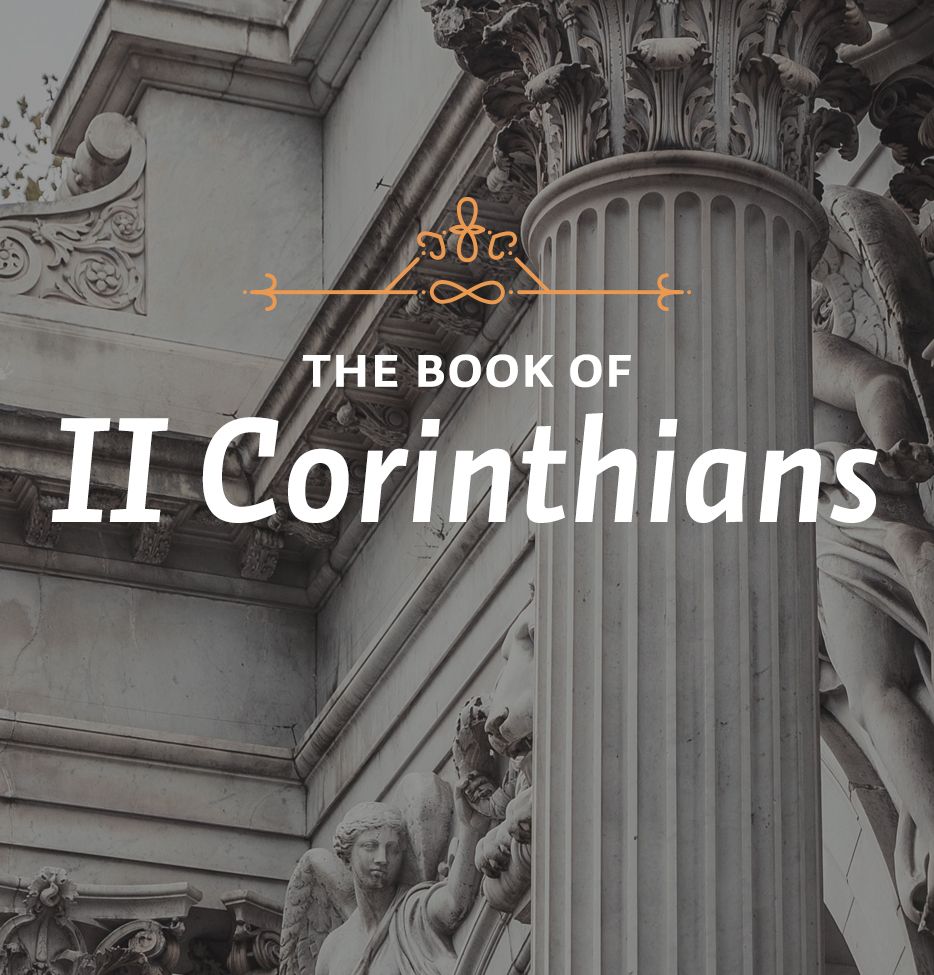The thirteenth chapter of 2 Corinthians is a summation of what Paul has been talking about in terms of his warnings to the church to straighten out its problems before he comes to see them. Paul concludes by issuing a great challenge to the Corinthian believers, a challenge in which he instructs them to examine themselves to see if they are really in the faith. Have they truly been born again? Are they really followers and disciples of the Lord Jesus Christ?
This thirteenth chapter easily falls into three parts. The first section deals with church discipline. Secondly, there is a section that focuses on self-examination. Then there is what the New International Version calls “final greetings” – greetings, admonitions, and a benediction – with which the letter closes.
The first portion of this chapter deals with the need for church discipline. The principle that Paul sets forth comes from a great principle of Jewish Law. Paul is probably quoting that Law here. Though the maxim occurs elsewhere, Deuteronomy 19:15 states that in a judicial proceeding, facts had to be established by the testimony of two or three witnesses. Nothing in Jewish Law was to be established on the basis of one person’s testimony alone.
n the jurisprudence of this country, we generally require multiple witnesses, but our practice is not as stringently applied as it was in Judaism. In Judaism, at least two or three witnesses had to be presented, and they were forbidden to present merely a portion of the story. Rather, if a crime was involved, it was necessary that each witness report the same story from beginning to end. Each witness related his version of the story in the presence of the other witnesses.
That made it very difficult, especially in capital offenses, to secure anything like a death penalty in Israel. This was intentionally the case. The Old Testament Law provided very stringent penalties, but mercy came in at that point, because establishing guilt was a very difficult task. Nevertheless, that is what Paul was appealing to here in this letter. By the very fact that he appeals to the JewishLaw regarding the establishment of evidence, it is clear that what he has in mind is something similar to a judicial proceeding upon his return to this church of Corinth. The reason Paul issued a warning here in this letter was so that they might straighten out their problems before he returned to them.
There is always a great need for discipline in the church. Discipline is actually one of the marks of a true church. When the church is spoken of in theological terms, there are usually four attributes mentioned along with three distinct marks. The attributes are unity, holiness, universality, and apostolicity, which refers to the teaching of the apostles. The three marks of the church to which theologians refer are the faithful exposition of the Word, the administration of the sacraments, and church discipline.
Scripture makes it clear that discipline within the church is a necessity. Unfortunately, discipline is something that is greatly lacking today because nobody wants to deal with sin. As a result, sinful situations and teachings enter into the church and weaken it. But, on the other hand, we need to exercise care in how church discipline is administered because just as there is an error on one side in neglecting it altogether, so unfortunately, there is a tendency to practice disciplinary structures in areas where the leaders have no right to exercise it. This is the case when governing boards of churches administer discipline primarily because individuals do not conform to something that this particular group thinks they should do or should not do.






